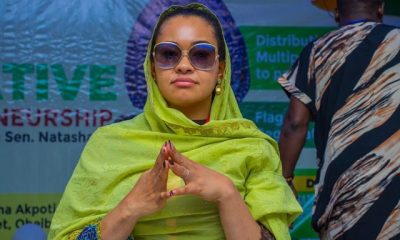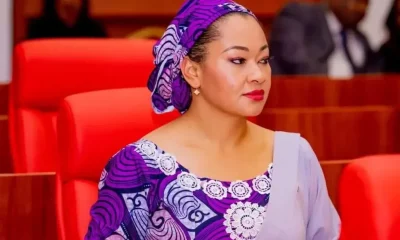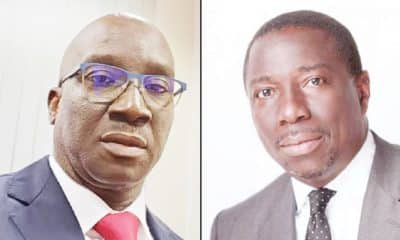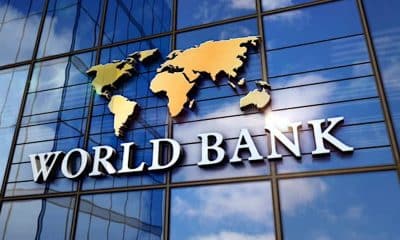Nigeria News
Petrol Subsidy Removal: World Bank Gives Nigeria $800 Million For Palliatives
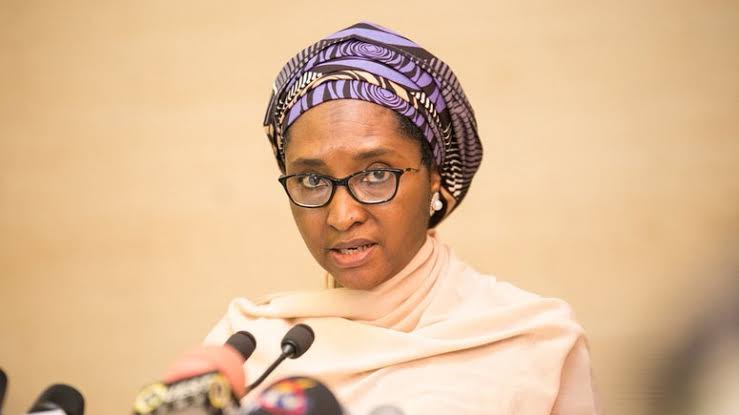
The World Bank has provided Nigeria with $800 million to cushion the effects of petrol subsidy removal when finally implemented in June 2023.
The Federal Government had maintained its ground on removing subsidies on petroleum products starting from June this year. Nigerians have been expressing worries since the decision was made public.
Addressing state house correspondents today shortly after the Federal Executive Council (FEC) meeting presided over by President Muhammadu Buhari at the Presidential Villa, Abuja, the Minister of Finance, Budget and National Planning, Zainab Ahmed, said the $800 million in the first tranche of palliatives to be disbursed through cash transfers to about 50 million Nigerians, who belong to the most vulnerable category of society, has been secured.
She said: “The secondary question on the exit of fuel subsidy, this is a commitment in the Petroleum Industry Bill. There’s a provision that says that 18 months after the effectiveness of the PIA that all petroleum products must be deregulated, and that 18 months takes us to June 2023.
“Also, when we were working on the 2023 Medium Term Expenditure Framework and the Appropriation Act, we made that provision to enable us to exit fuel subsidies by June 2023. We are of course having different stakeholder engagements; we’ve secured some funding from the World Bank, which is the first tranche of palliatives that will enable us to give cash transfers to the most vulnerable in our society that have now been registered in a national social register.
“Today, that register has a list of 10 million households. 10 million households is equivalent to about 50 million Nigerians.”
According to her, the federal government has also raised more resources to enable it to do more than just the cash transfers and also in its “engagements with the various stakeholders, the various kinds of tasks that we have to go beyond the requirement of just giving cash transfers. Labour, for example, might be looking for mass transit for its members.
“So, there are several things that we’re still planning and working on; some we can start executing quickly, some are more medium-term implementation.”
Asked how much funding was received from the World Bank for the execution of the planned exit of the subsidy regime, she said: “$800 million for the scale-up of the National Social Investment Programme at the World Bank and it’s secured, it’s ready for this disbursement.”
Ahmed expressed the government’s determination to end the subsidy in June, revealing that it has had engagements with the newly established Presidential Transition Council (PTC) and the incoming administration, with the view to driving the palliative programme.





